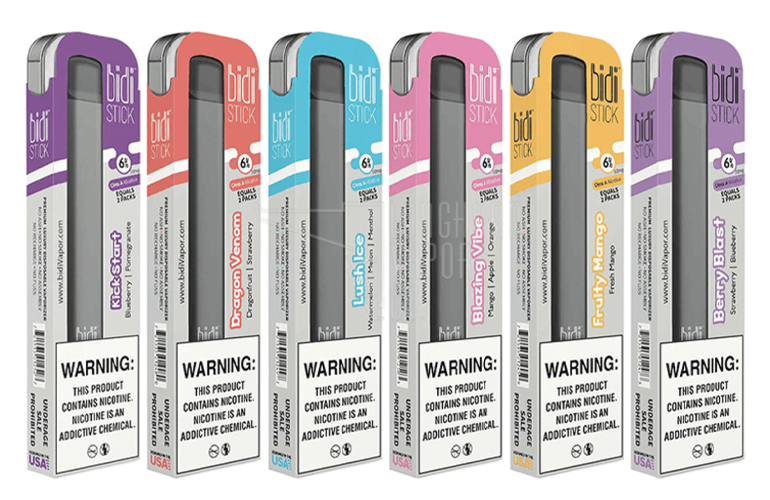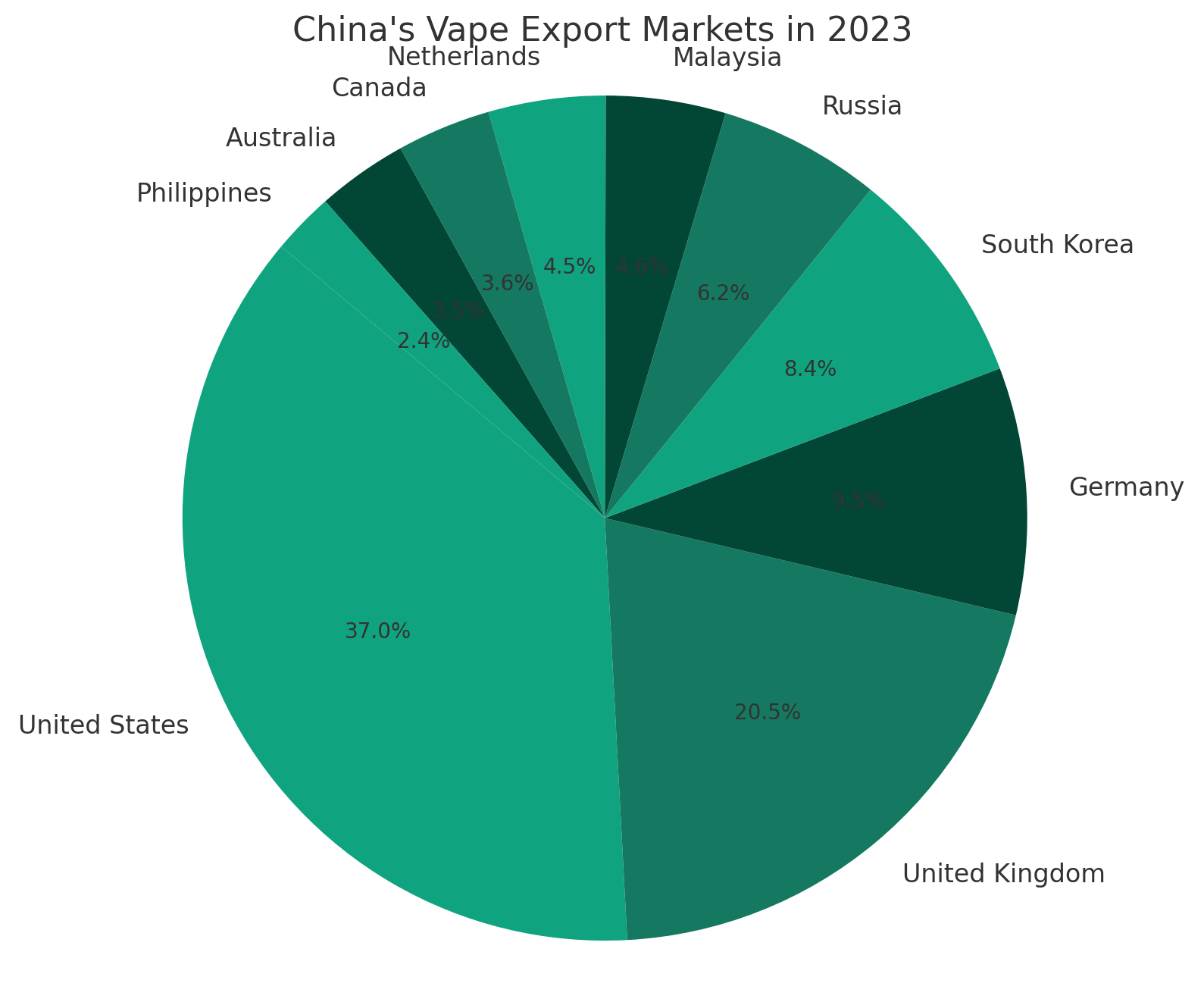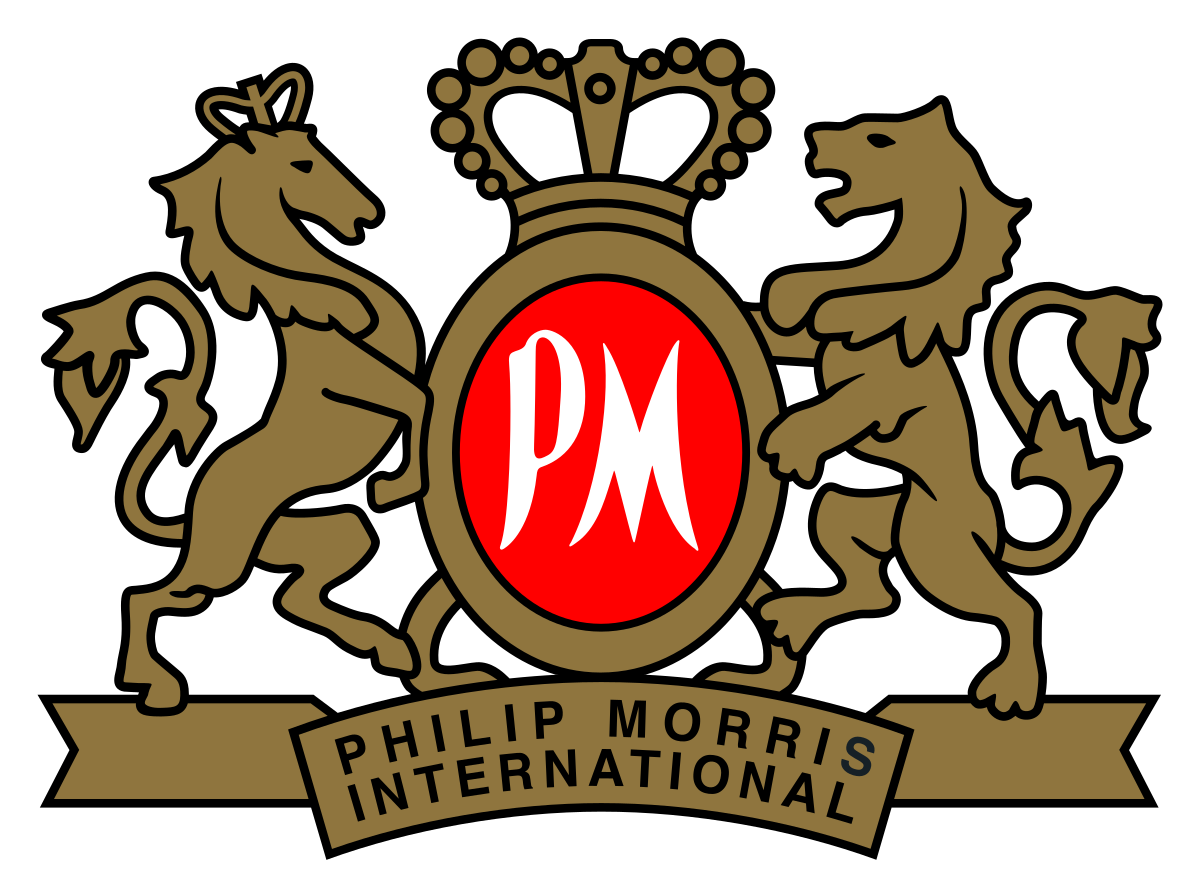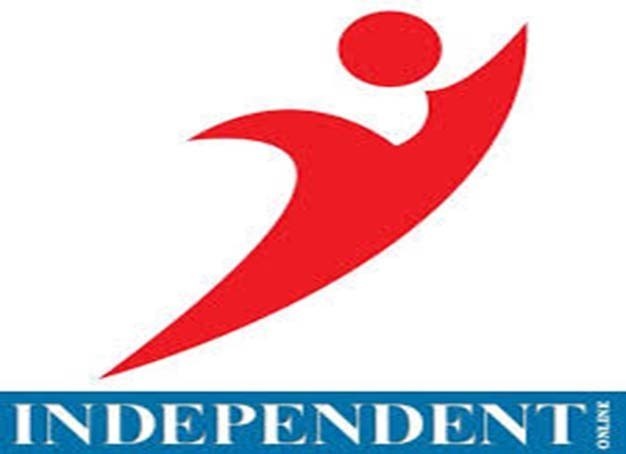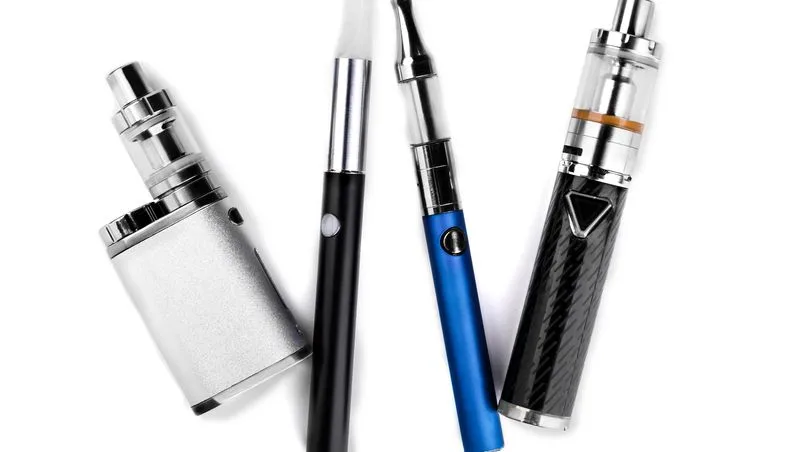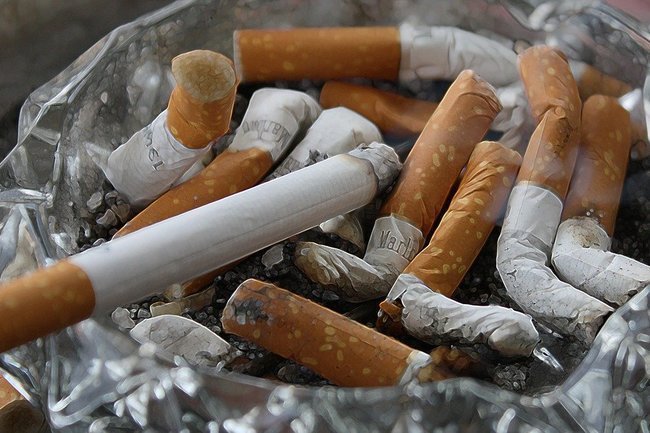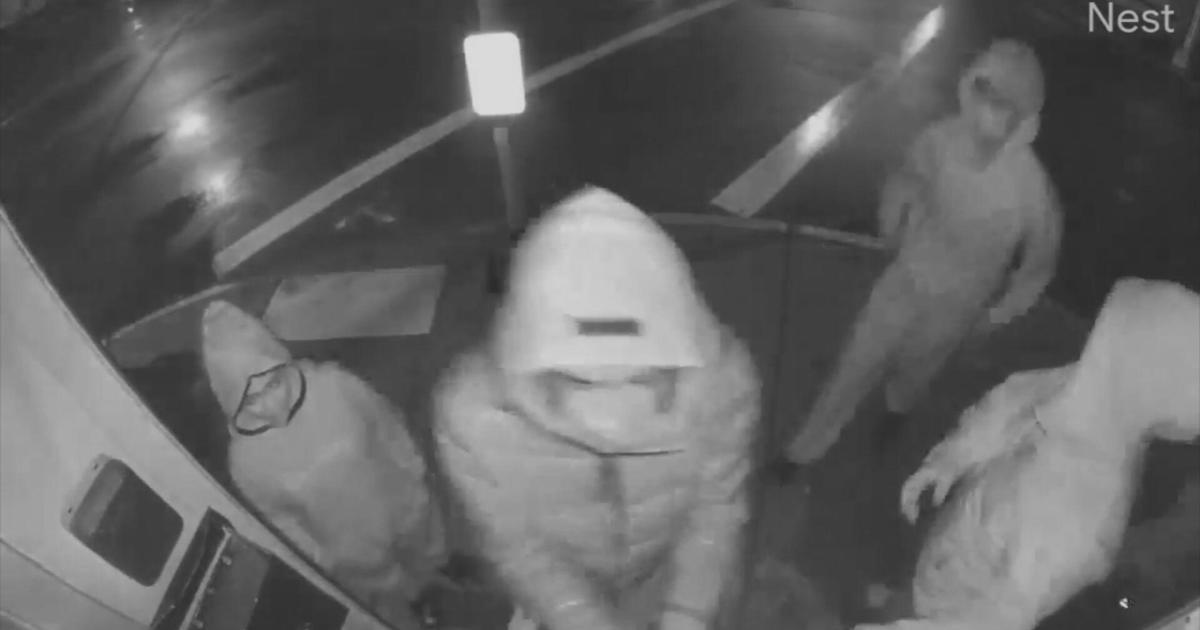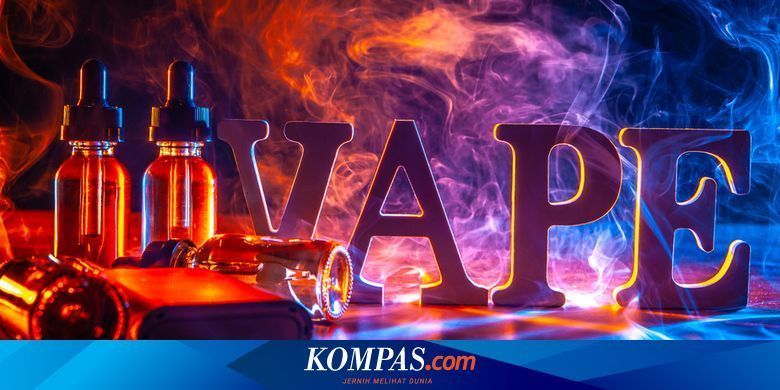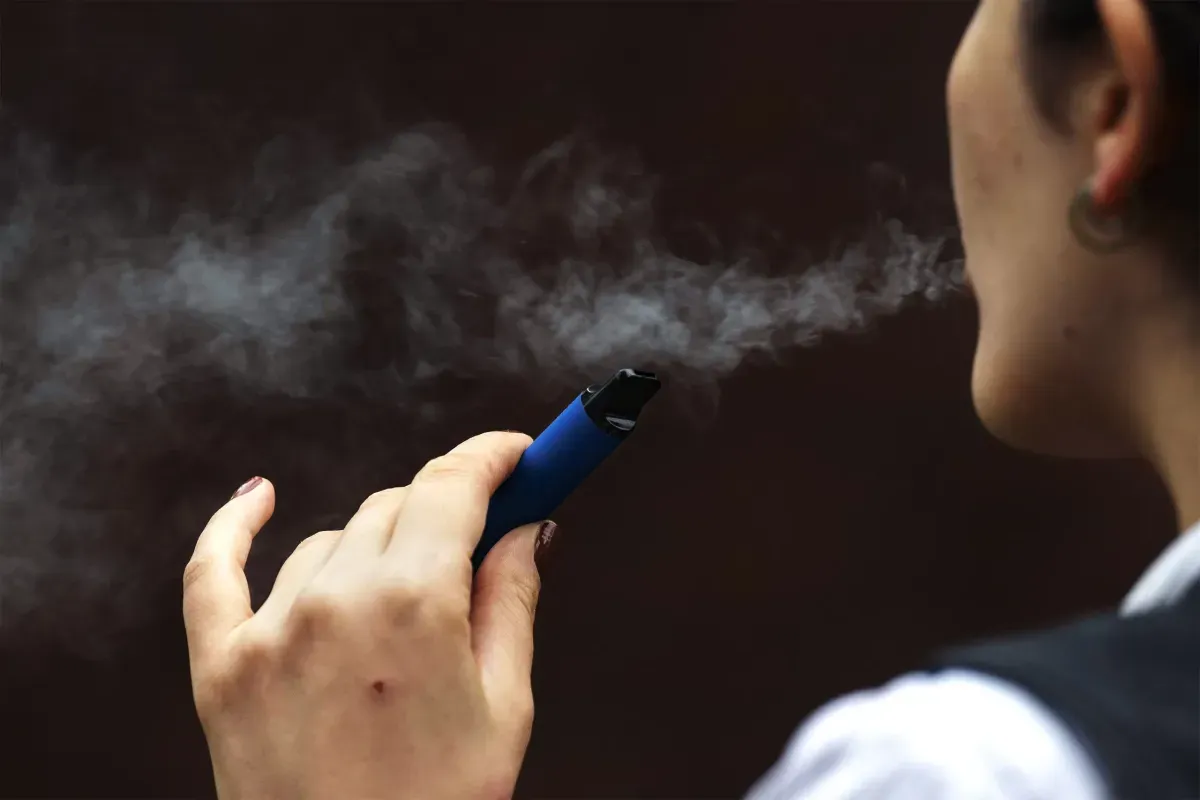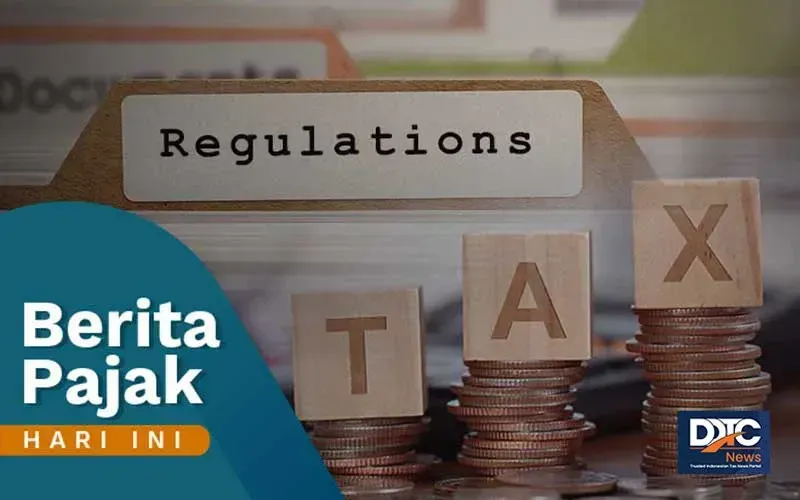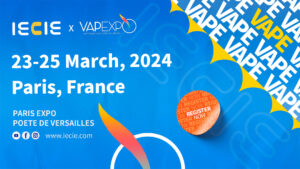Recently, in response to Reynolds Tobacco’s 337 investigation filed with the United States International Trade Commission (ITC), the defendants from e-cigarette companies are preparing to submit a motion to the ITC to dismiss the case, arguing that cases involving violations of the Food, Drug, and Cosmetic Act (FDCA) should not be determined by the ITC.
Will this proposal be accepted by the ITC? 2FIRSTS consulted Chinese e-cigarette legal expert Counsellor Tang Shunliang on this matter. Counsellor Tang believes that there is a very low likelihood of the demands being accepted.
Exclusion of Jurisdiction from ITC does not Apply to This Case
Counsellor Tang first analyzed a precedent: In the case of Amarin Pharma, Inc. v. Int’l Trade Comm’n (18-1247), the U.S. Federal Circuit Court found that Amarin’s request for an ITC investigation based on false advertising under section 43(a) of the Lanham Act was precluded by the Federal Food, Drug, and Cosmetic Act (FDCA). The determination of whether the claim of false advertising is valid essentially relies on assessing whether the defendant’s actions violated the FDCA. This assessment requires guidance from the FDA, which has not been provided. Therefore, the ITC does not have jurisdiction over this case.
Although the jurisdiction of the ITC extends beyond patent cases to encompass various types of unfair competition claims, it is not without limitations.

The judgment of 18-1247 is also easily understood. On one side, there is the ITC (International Trade Commission), and on the other side, the FDA (Food and Drug Administration), both parallel government agencies in the United States. They should each perform their respective roles, and the ITC should not overstep its boundaries by trying to replace the FDA’s judgment. However, the federal court has also clearly highlighted the limitations of the conclusions in the investigation of case 18-1247 – not all ITC cases based on FDCA (Federal Food, Drug, and Cosmetic Act) will be directly rejected.
The key is to examine whether the FDA’s position on the controversial actions being illegal was established prior to the filing of the case with the ITC.
In investigation 18-1247, the disputed product’s classification as a “new drug” requiring approval by the FDA has not been determined yet. As a result, the appellate court believes that since the plaintiff’s claim is based on proving a violation of the FDCA and the FDA has not indicated that the disputed item indeed violates the FDCA, the plaintiff’s cause of action raised in the ITC is precluded by the FDCA.
FDA has Taken Action regarding E-cigarette Products Involved
Counsellor Tang stated that the FDA has expressed its position regarding the e-cigarette products and corresponding actions in the 337 investigation. In this case, it is evident that Renault was well-prepared, as they dedicated a significant portion of their lawsuit to explaining the FDA’s stance, citing relevant evidence issued by the FDA.

Of course, the FDA has been rigorously scrutinizing new tobacco products such as e-cigarettes, among others. It is difficult to argue that the FDA has not taken action on this matter.
Firstly, the FDCA mandates pre-market reviews for any “new tobacco products.” A new tobacco product refers to any tobacco product that was not marketed in the United States as of February 15, 2007, or any modified product of a tobacco product that was marketed in the United States after February 15, 2007.
Secondly, the FDA has explicitly announced that three categories of end products containing nicotine derived from tobacco will be their enforcement focus:
Boxed e-cigarettes that utilize flavors other than tobacco and menthol.
No enough measures in place to prevent minors from accessing terminal products (note that this lack of measures is solely on the part of e-cigarette companies).
Marketing practices, which were designed to target minors and promote the sale of their products. (JUUL has been penalized for it)
Third, the FDA has clearly stated that illicit flavored disposable vapes are considered “adulterated tobacco products lacking premarket authorization requirements” and have included some of the defendants in this case on their “red list,” which could result in their products being detained without inspection.
In other words, Renault has provided evidence of its claims of unfair competition scrutiny, and the FDA has clearly stated that it is just due to inadequate enforcement measures that it cannot penetrate the market effectively. Renault specifically points out that it is not requesting the commission to directly apply, enforce, or interpret the FDCA, but rather requesting the commission to issue remedies under section 337, prohibiting the illegal importation and post-importation sale of the products involved in the litigation.
Trade Sanctions and Industrial Restrictions Related to ITC
In addition to the regulatory rules set forth by the FDA for e-cigarettes and the applicable rules by the ITC, Attorney Tang believes that jurisdictional objections must also take into account “political” factors. It is evident that the ITC holds a much greater “political characteristic” in terms of trade sanctions than the FDA, which primarily acts as a “scientific arbitrator” enforcing the FDCA. Hence, certain factors must be taken into consideration.

The US government’s level of attention towards the tobacco and e-cigarette industries can be affirmed, as politicians are well aware that the epicenter of this industry lies in China. It is believed that this industry should be treated as “special” and subjected to the same measures implemented to restrain other Chinese industries, with tariffs being the most direct example. Currently, products exported from other Southeast Asian countries, including e-cigarettes, face approximately 23% lower tariffs compared to those exported from China to the US. The dominance of China as the source of 90% of global e-cigarettes has been undergoing a transformation. By 2023, it is projected that 30% of e-cigarettes imported to the US will originate from Southeast Asian countries such as Indonesia.
In the context of the ongoing trade dispute between China and the US, it is apparent that the withdrawal of foreign investments and the policy of bringing production centers back to the US are deliberate government actions. Despite not being a high-tech industry, e-cigarette is being gradually displaced to Southeast Asian countries due to the influence of the US on China’s technology and manufacturing sectors. The International Trade Commission (ITC) is well aware of these trends.
Secondly, if clarification or evidence is needed to prove whether the FDA has “acted as,” it would likely be in favor of providing it. Looking at the FDA’s adjustment to regulations on e-cigarettes, its commitment to the scientific aspect of e-cigarettes is evident. However, its approach towards youth exposure to e-cigarettes, marketing practices of companies, and promoting smoking cessation and alternative smoking methods has always been strict, to the point of making an example out of industry giants like JUUL.
From a perspective of human nature, FDA e-cigarette reviewers also experience fatigue when facing thousands of review applications pouring in like snowflakes, particularly when these applicants consistently present written claims and sales tactics. Perhaps, they also hope that the ITC can intervene to manage the situation. Additionally, from a public relations standpoint, Reynolds Tobacco, as the instigator of this 337 investigation, may be able to infer FDA’s attitude towards their actions.
Therefore, according to Counsellor Tang’s prediction, in the 337 investigation, 26 implicated companies are expected to collectively file a motion to challenge jurisdiction. They might package this motion as “public opinion” during the initial stage of the ITC’s public comment period. It is unlikely that the ITC will dismiss this motion and pass the responsibility to the FDA. It is advisable for the investigated companies to carefully consider their options.
Author’s Bio:
Counsellor Tang Shunliang is an expert in the field of new tobacco, e-cigarettes, and other emerging tobacco industries. He is also a senior economist in the tobacco industry, with 15 years of experience in industry work and research.


